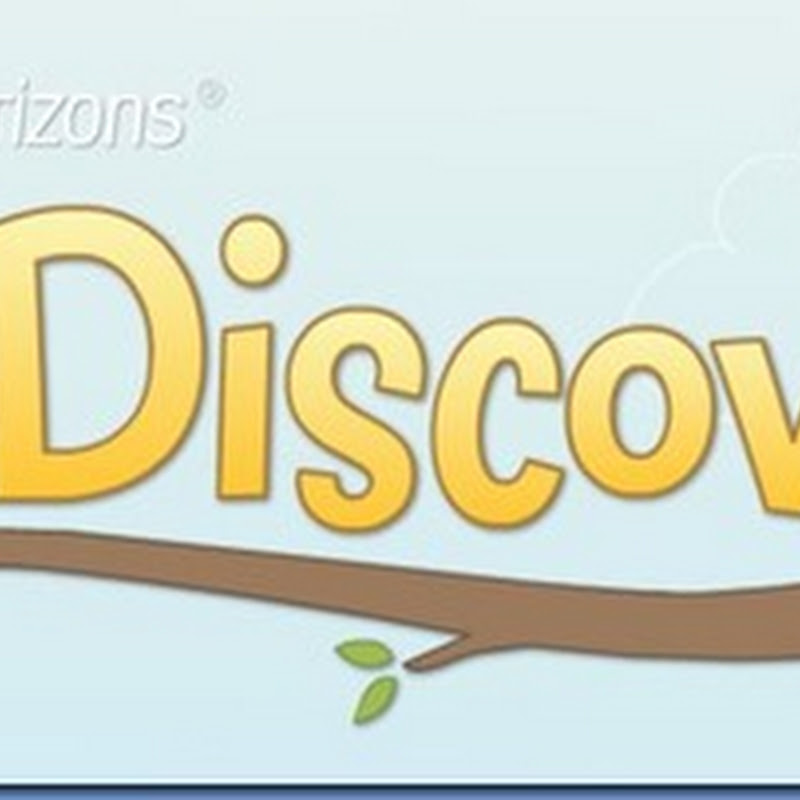PRE-LAB
OBJECTIVE: Exploring Magnification, Discovering components of the micro world.
VOCABULARY: magnification, microscope
MATERIALS: book Greg's Microscope by Milicent E. Selson (borrowed ours from the library), coloring exercise, crayons
BACKGROUND: The microworld is different than the world we live in. A grain of sand can become a boulder to a protozoa that wants to get around it. A small obstacle for humans can be a challenge to the microworld.
Very small organisms look different because they have different requirements than we do. Their bodies look different than ours because they have adapted to a very small world. There are microworlds in our refrigerator, in our bathroom, in our carpets, and in our hair! Germs, which include many different types of organisms, are also part of the microworld.
The book, Greg's Microscope, will get students excited about looking through a microscope. Greg and his family have so much fun, students will anticipate the coming lab.
PROCEDURE:
- Read the book, Greg’s Microscope to students. This reading exercise explains that microscopes make small things seem large. Explain that the microscope is a tool to see items in more detail. Our eyes are limited in the amount of detail it can see. If we didn't have these tools we could not see the microworld.
- Discuss that the prefix " micro-" means small. Anytime you see this in a word you should think "small." The opposite of "micro-," is "macro-," which means large. The terms microbe (small organisms), microbiologist (a scientist that studies small things), micropaleontology (the study of small fossils), and even microscope (a scope that looks at small things) are examples.
- The coloring exercise is to prepare the students for what they might see under the microscope. Discuss what sand, a leaf, and a feather will look like under the microscope. If you have the appropriate objects have the students look at them. Have them draw a line from the word and picture to the appropriate magnification.
COLORING EXERCISE WORKSHEET
This is the third week of science for us and so far it quickly become the favorite subject. Hands on activities and exploring new topics every week has been a blast. Part 1of 3 for this topic was simple and fun but still learning something.
Find the full curriculum at Elementary/Applied Science(K)/"Tools of Discovery"/Lab C/pre lab






















No comments:
Post a Comment